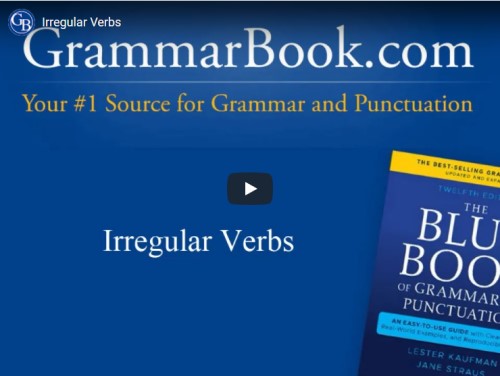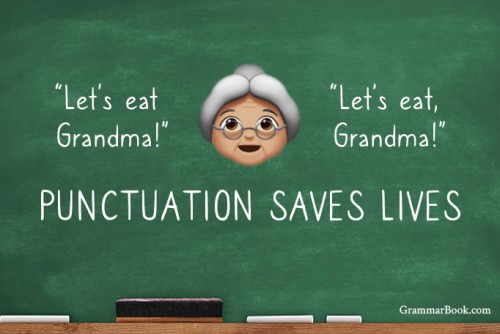|
A main way writing differs from speech is that it often has less-immediate versatility in stressing intentions and feelings behind the words being used. Unlike writing, speech offers instantly recognizable aspects such as verbal pacing, nonverbal cues, gesticulation, and inflection.
To achieve desired emphasis, writers must become adept with their available tools. Italic, bold, and underline type are three techniques for achieving emphasis. Quotation marks are another method—one that is also perhaps the most often misused.
To achieve proper emphasis, we will apply quotation marks differently from italic, bold, and underline type. Quotation marks within an emphatic context should tell readers that the content in quotes means something other than what it usually would. In many cases, one might even interpret text within emphatic quotation marks as a wink to the audience.
Examples
Such “expertise” includes mismanaging the city budget.
The group censored what members read and watched in order to keep them “moral.”
Ricky has seen Star Wars 149 times, but he insists he's just a “part-time fan.”
The “smartest” kid in the class just scored a C- on the final exam. |
Note we don't have to treat the entire sentence differently to achieve the intended effect. The selective use of quotation marks for emphasis lets us convey a focused, impactful twist of meaning, such as a sense of skepticism, sarcasm, or subtle humor.
Quotation Marks for Emphasis: Things to Avoid
We can help ensure that quotation marks for emphasis serve our writing properly by avoiding the following uses of them.
1) Avoid using quotation marks for emphasis either too much or inconsistently.
Such “expertise” includes “mismanaging the city budget.”
Ricky has “seen Star Wars 149 times,” but he “insists” he's just a “part-time fan.”
The “smartest” kid in the class just “scored a C-” on the final exam. |
In these sentences, where does the desired effect truly belong? Are we looking to alter a meaning, or are we quoting or paraphrasing as well? We should limit quotation marks for emphasis to only the text we want to differ from what it would normally represent.
If the intent is to paraphrase or directly quote someone and not to indicate a separate meaning, the context should be apparent.
| Concerning the village's proposed subdivision, Mayor Stephens has stated he will “consider without compromise” only those contractor candidates that can prove they will provide “a butler's white-glove service” in meeting the requirements. |
2) Avoid using quotation marks for colloquialisms, slang, and other trite expressions.
Drop the quotation marks from sentences such as the following:
Janelle said she's starting to get “hangry” because she hasn't eaten all day.
I would like to go out, but Greg just wants to “Netflix and chill.”
Bob has been living on credit cards for years, and now it's time to “pay the piper.” |
If we feel that our audience might not understand or recognize certain words and phrases as slang, we can use italics to differentiate them (hangry, Netflix and chill).
3) Avoid using quotation marks for nicknames.
Avoid quotation marks with a nickname that is commonly understood as an identifier: Fats Domino, Babe Ruth, Tiger Woods, Magic Johnson.
We do use quotation marks if the nickname is included with the full name: Antoine Dominique “Fats” Domino, George Herman “Babe” Ruth, Eldrick Tont "Tiger" Woods, Earvin “Magic” Johnson.
4) Avoid using quotation marks for common foreign expressions.
We would not include quotation marks for foreign expressions that are commonly accepted in American English: bona fide, ad nauseam, anime, spiel.
On a related note, we may at times need to use quotation marks for a technical term that might be new or unfamiliar to an audience.
| That program is an example of “open source” software, which is software with code that is available to the public. |
5) Avoid using multiple forms of emphasis in one sentence.
We mentioned above that we should be selective in using quotation marks for emphasis. We should also avoid applying multiple forms of emphasis in one sentence.
Ricky has seen Star Wars 149 times, but he insists he's just a “part-time fan.”
The “smartest” kid in the class just scored a C- on the final exam. |
Related Topic
Quotation Marks
Titles of Books, Plays, Articles, etc.: Underline? Italics? Quotation Marks?
|





